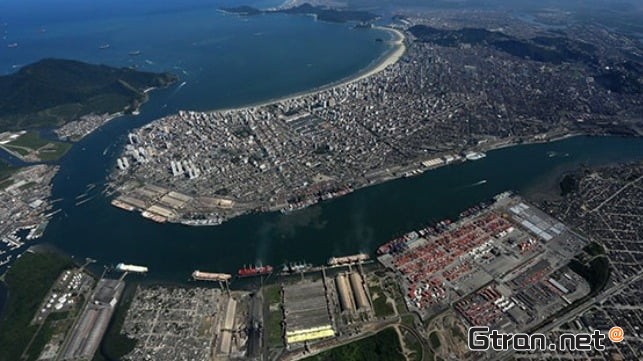As shipping stakeholders convene this week for the IMO’s 82nd MEPC (Marine Environment and Protection Committee) session, the International Association of Ports and Harbors (IAOH) has released a new report exploring progress in decarbonization of port infrastructure in developing nations. The consultancy Maritime & Transport Business Solutions (MTBS) prepared the study on behalf of IAPH.

Using case studies of ports in Kenya, Indonesia, Solomon Islands, Brazil and India, the report identified investments needed for port climate adaptation in developing countries. While a lot of focus in shipping decarbonization is directed towards future clean fuels, readying ports for the energy transition must also be prioritized.
Unfortunately, building port infrastructure for green bunkering and electrification of terminals with renewable energy is going to be a tall order for developing countries. According to IAPH, the total investment for this transition is between $55 and $83 million. This depends on port size, existing infrastructure and prior climate adaptation investments.
Although IMO member states have yet to reach consensus on market-based measures such as GHG pricing, IAPH views it as a possible source of funds for the exorbitant cost of port decarbonization in developing countries.
“The risk of a market-based measure increasing transport costs, which places added pressure on countries with lower efficiency infrastructure and less connectivity to the global trade network, could be offset by the potential revenues allocated to them for port-related adaptation and mitigation measures to kick start the energy transition,” said Patrick Verhoeven, IAPH Managing Director.
With this week’s MEPC session anticipated to finalize a framework to guide carbon pricing in shipping, IAPH has said it remains neutral as to the choice of instrument. Currently, there are four policy proposals on the carbon levy. However, IAPH has indicated it is supportive of a carbon pricing mechanism that will provide a strong incentive to invest in port infrastructure and enable commercial viability of low and zero carbon fuels.


